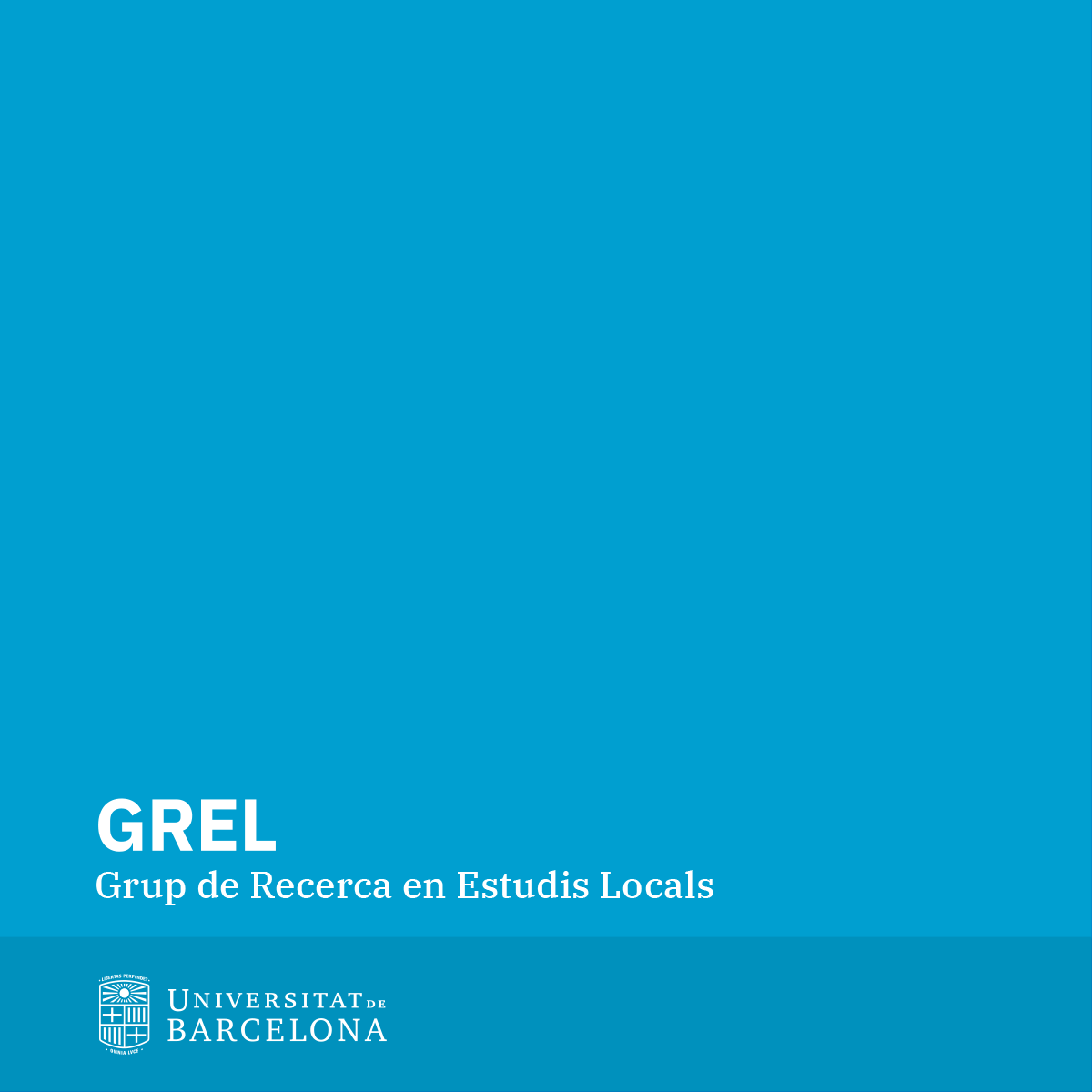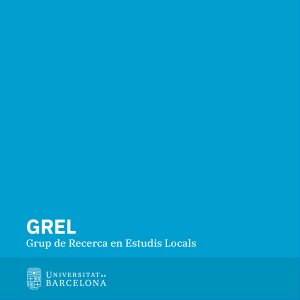Descripció
This chapter analyzes municipal elections in Spain. After presenting the local government system within the country’s model of decentralization, it discusses the electoral rules and their outputs over three decades in terms of electoral results, electoral participation, government stability, and the presence of national parties in the local arena. Interestingly, despite the strict proportionality of the electoral system and the parliamentary logic of local councils for decision-making and for mayoral elections, the Spanish electoral system has tended to produce very stable governmental institutions. The broad executive functions granted to the mayor and the rare practice of successful no confidence votes have reinforced mayors’ strength in a model of indirect election. The divide between small and large municipalities in terms of turnout levels and the vast implantation of national parties in municipal elections complete the picture of Spanish local elections.







